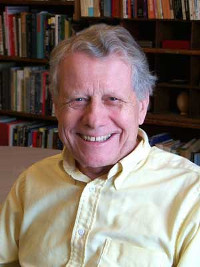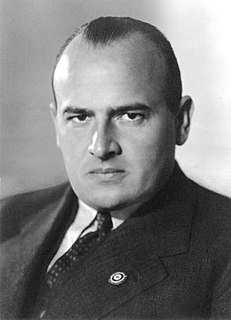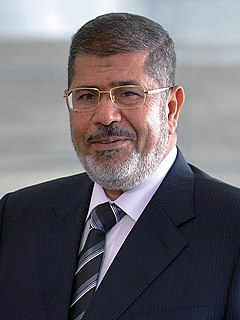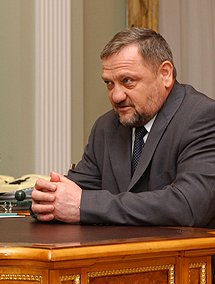A Quote by Charles Tilly
From that point on, the extraordinary system of spies and informers which has played an important part in the political work of the French state into our own time took shape. (Sartine, who became lieutenant general de police in 1759, is supposed to have said to Louis XV, "Sire, when three people are chatting in the street one of them is surely my man.") Eighteenth-century police manuals like those of Colquhoun in England or Lemaire in France are no less than general treatises on the government's full repertoire of domestic regulation, coercion, and surveillance.
Quote Topics
Became
Century
Chatting
Coercion
Domestic
England
Extraordinary
France
French
Full
General
Government
Important
Important Part
Informers
Less
Lieutenant
Like
Louis
Man
Manuals
Our
Own
Part
People
Played
Point
Police
Political
Political Work
Regulation
Repertoire
Said
Shape
Spies
State
Street
Supposed
Surely
Surveillance
System
Than
Them
Those
Three
Time
Took
Which
Work
Related Quotes
This whole theory [of John Law and Jean Terrasson], as dear to French financial schemers in the eighteenth century as to American "Greenbackers" in the nineteenth, had resulted, under the Orleans Regency and Louis XV, in ruin to France financially and morally, had culminated in the utter destruction of all prosperity, the rooting out of great numbers of the most important industries, and the grinding down of the working people even to starvation.
I confess I am at a loss to discover what temptation the persons entrusted with the administration of the general government could ever feel to divest the States of the authorities of that description. The regulation of the mere domestic police of a State appears to me to hold out slender allurements to ambition.
In France cooking is a serious art form and a national sport. I think the French enjoy the complication of the art form and the cooking for cooking's sake. You can talk with a concierge or police officer about food in France as a general rule. It is not the general rule here. Classical cuisine, which I hope we are going back to, means certain ways of doing things and certain ways of not doing things. If you know classical French cooking you can do anything. If you don't know the basics, you turn out slop.
Our Press and our schools cultivate Chauvinism, militarism, dogmatism, conformism and ignorance. The arbitrary power of the Government is unlimited, and unexampled in history; freedom of the Press, of opinion and of movement are as thoroughly exterminated as though the proclamation of the Rights of Man had never been. We have built up the most gigantic police apparatus, with informers made a national institution, and the most refined scientific system of political and mental torture. We whip the groaning masses of the country towards a theoretical future happiness, which only we can.
I find Chinese debates about their political system domestically, but also about China's claims in the international system, to be among the most original and surprising and exciting of our time. The starting point is a system that none of us had anticipated, which I call Leninist capitalism, but also obviously because it is the most important emerging power. The question of China's relations with the United States in particular, and the rest of the world in general, is the question of war and peace in the 21st century.
The Baathist state did two things extremely well. One was create information-gathering intelligence networks and a filing system. There's actually a lot of information on a lot of people and that is a major achievement of a police state. The second one is the promotion of literature and poetry, and the arts generally. So this is a state that's producing mass police archives - surveillance - and poetry. And in fact a lot of the archives are about what poets are writing or what they should be writing.






































